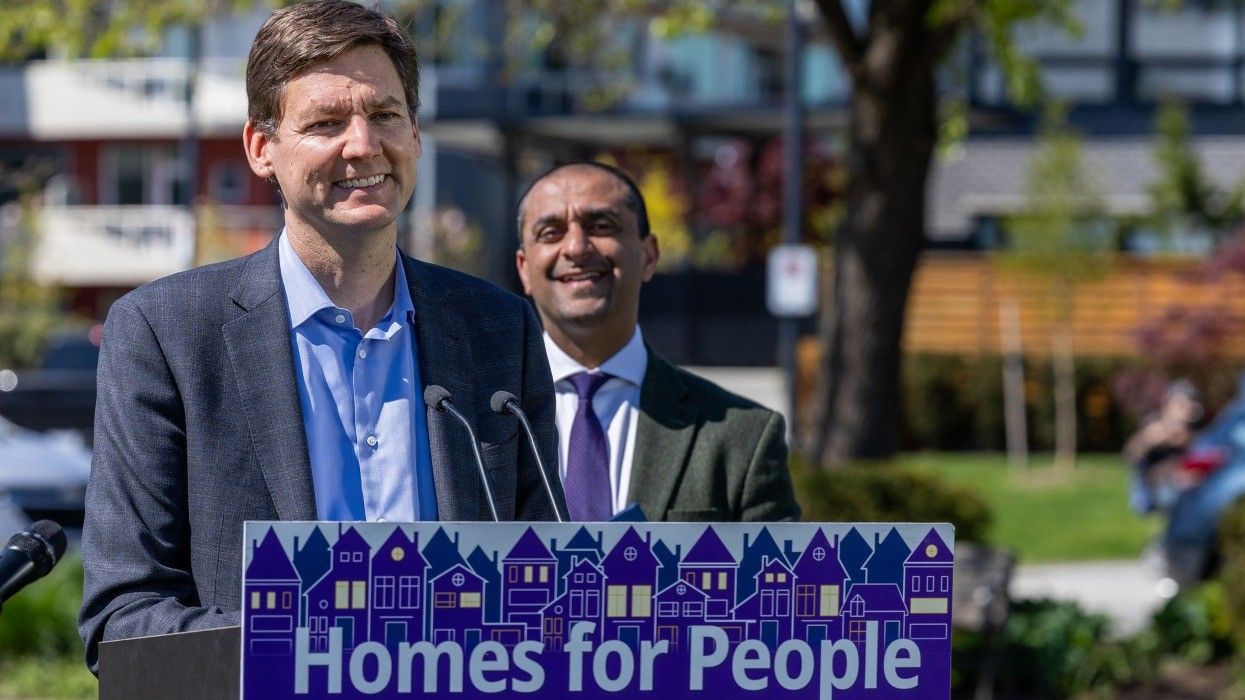After much delay, the provincial government finally announced the second group of municipalities that will be receiving housing targets on Tuesday.
This second cohort consists of:
- Central Saanich;
- Chilliwack;
- Colwood;
- Esquimalt;
- Kelowna;
- City of Langley;
- Maple Ridge;
- Mission;
- Nanaimo;
- New Westminster;
- North Cowichan;
- North Saanich;
- City of North Vancouver;
- Port Coquitlam;
- Prince George;
- Sidney;
- Surrey;
- View Royal;
- West Kelowna; and
- White Rock.
The Province did not announce the actual targets, saying that the targets will be announced this summer.
The announcement of this second group comes after a delay of several months. In September, with the announcement of the first group, the Province said a second cohort of eight to 10 municipalities would be announced in late-2023. That did not happen.
Asked about the delay, in an interview with STOREYS in February, Minister of Housing Ravi Kahlon said, "The first 10 communities' updates are going to happen in March, so we're gonna start engaging with communities that were in the first round, and I do expect, in the next three to four weeks, that we'll have the next 10 communities announced."
That also did not happen, but it appears the Province is making up for lost time by expanding the second group to 20 communities. All 20 communities are from the larger list of 47 communities in British Columbia that were revealed after the Province published the regulations of the Housing Supply Act.
The first group to receive housing targets consisted of Abbotsford, Delta, the District of North Vancouver, Kamloops, Oak Bay, Port Moody, Saanich, Vancouver, Victoria, and West Vancouver.
Following Tuesday's announcement, a total of 17 communities remain.
The Province's announcements of communities has been framed around cities that are "priorities" when it comes to the need for more housing, resulting in the list of communities to receive housing targets becoming unofficially known as the "housing naughty list."
Since the announcement of the first group, the Province has also introduced an extensive list of new legislative changes as it relates to housing and development. Those include, most notably, the pieces of legislation regarding transit-oriented development and small-scale multi-unit housing.
On Tuesday, the Province alluded to these new changes, which cities are having varying levels of difficulty implementing, saying that the changes will help communities reach their housing targets.
"Municipalities are taking action to approve housing quicker through the implementation of provincial legislation to allow small-scale multi-unit housing, designated Transit-Oriented Areas, updated Official Community Plans and streamlined local-development approval processes, as well as standardized housing designs that will be available this year," the Province said. "As local governments implement these changes, the Province is confident they will meet their ambitious housing goals."
"We are addressing the housing crisis with our municipal partners so thousands more affordable homes can be built for people who need them," added Kahlon. "Our goal for the next 20 communities is to build on the work they are already doing, while they continue to implement the recent provincial legislative changes. This group includes communities that are doing well on housing and some that need to do more."
Various communities have voiced concern about whether their infrastructure can handle the growth that's being mandated. On Tuesday, the Province recognized these concerns and said that it will continue to advocate for the federal government to prioritize infrastructure investments.
"With the recent federal budget and housing announcements, the BC government will continue to advocate for support for these priority communities that match their commitment to get housing built," the Province said.
Earlier this month, the Government of Canada announced a $6B Housing Infrastructure Fund that will tie funding for infrastructure to the creation of more housing.





















